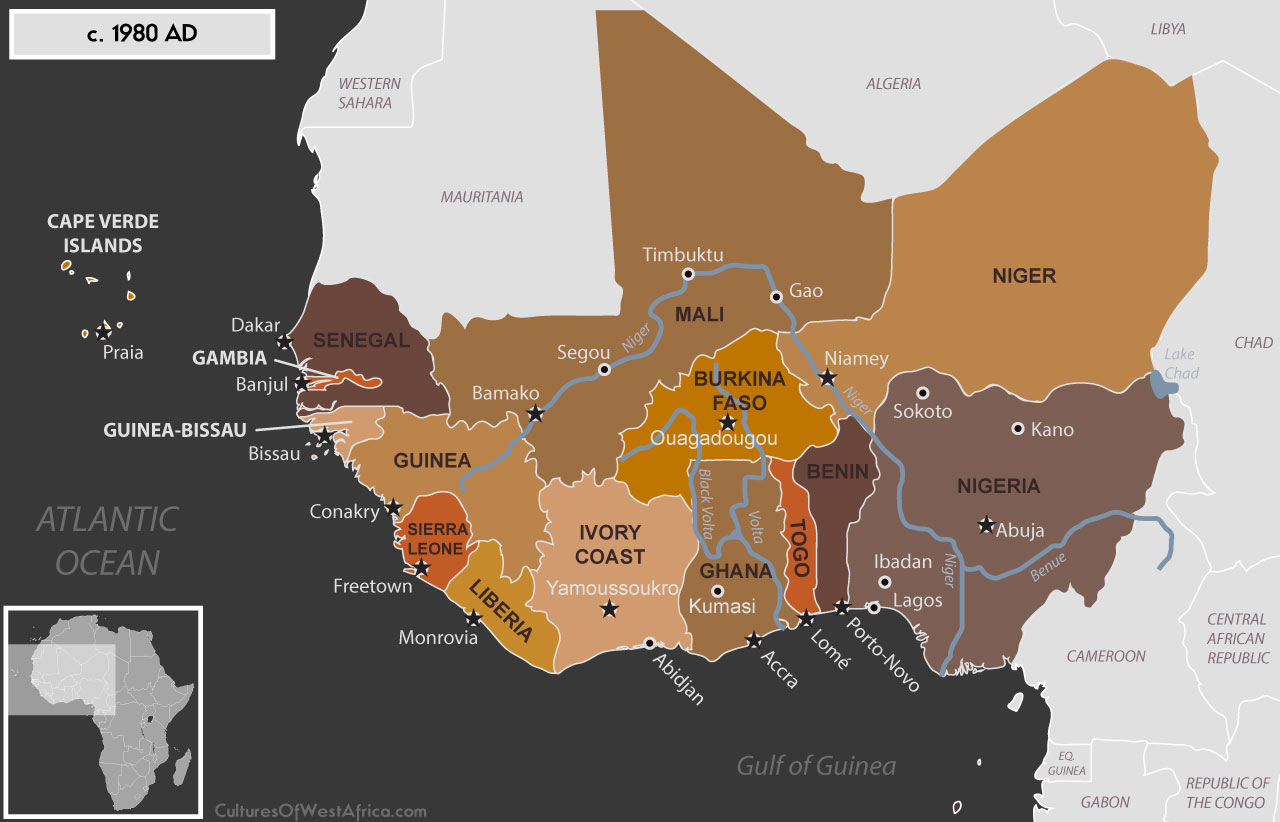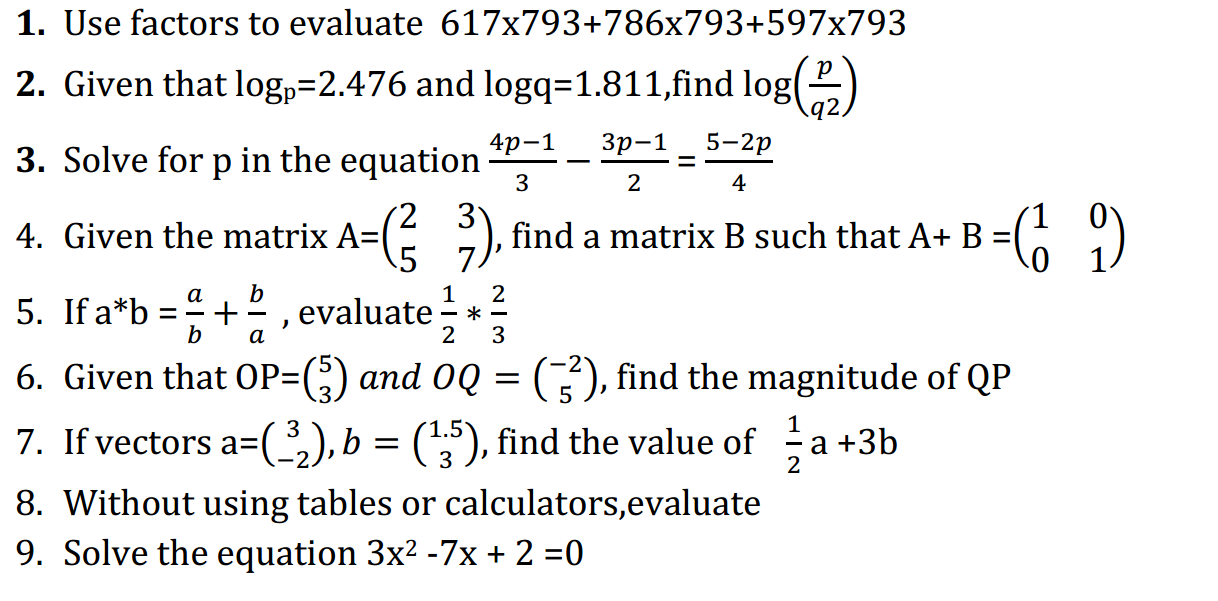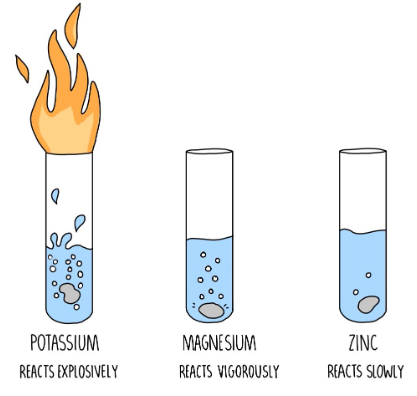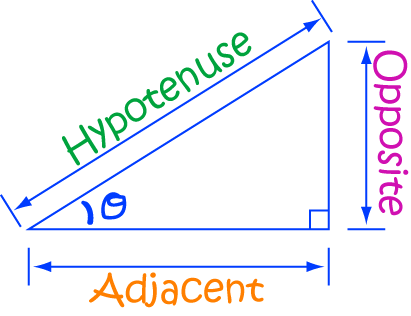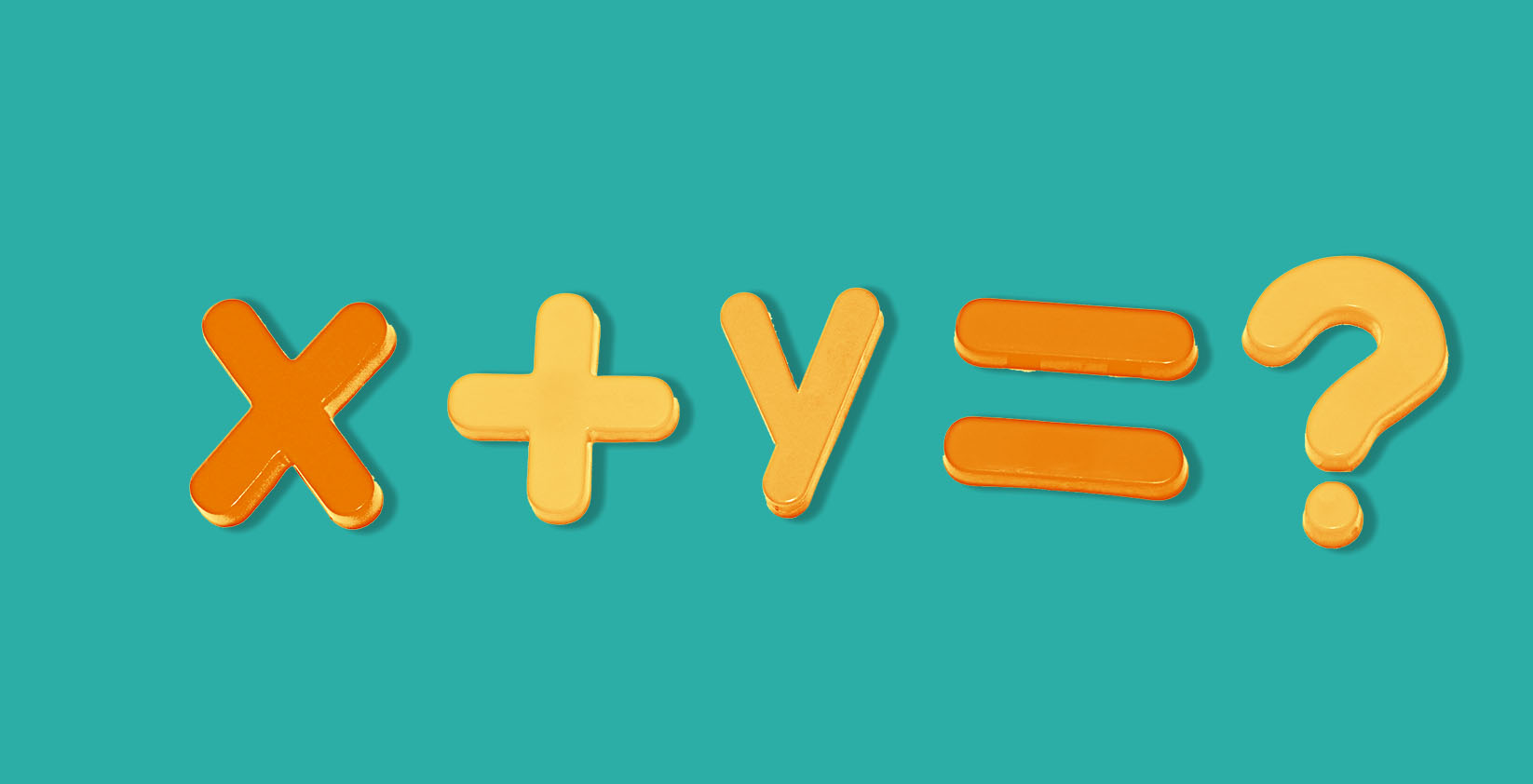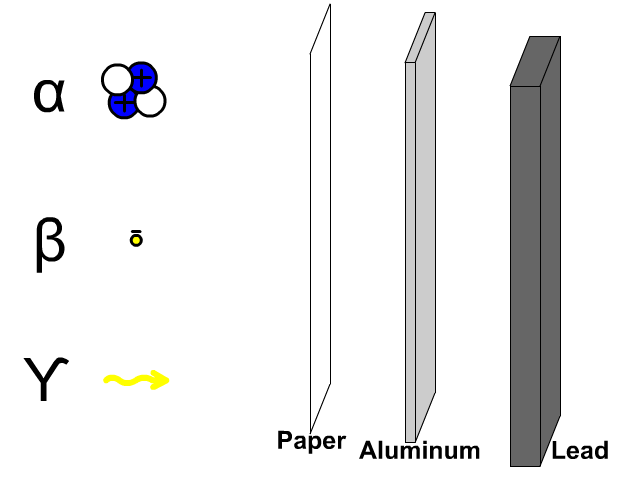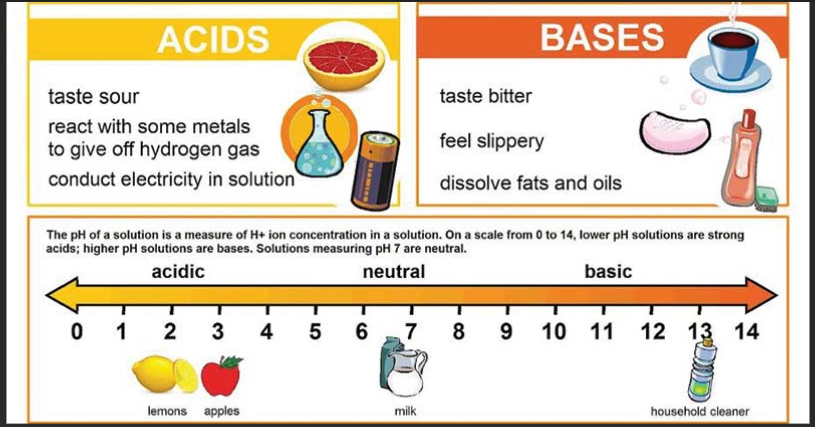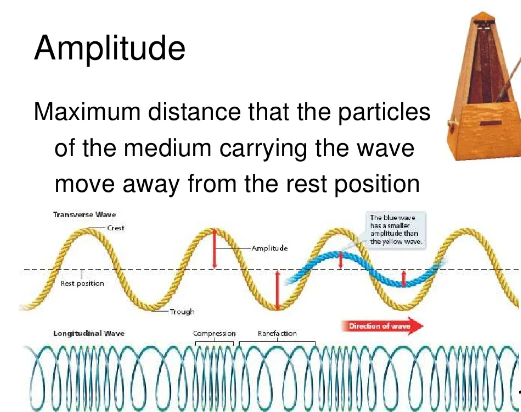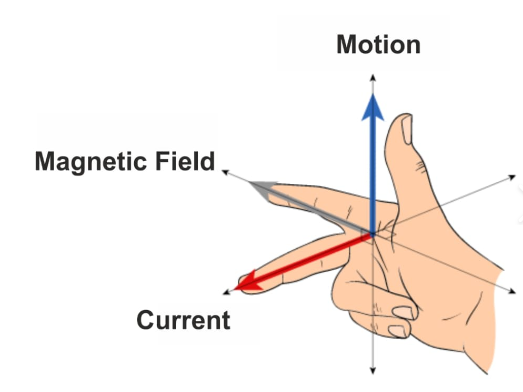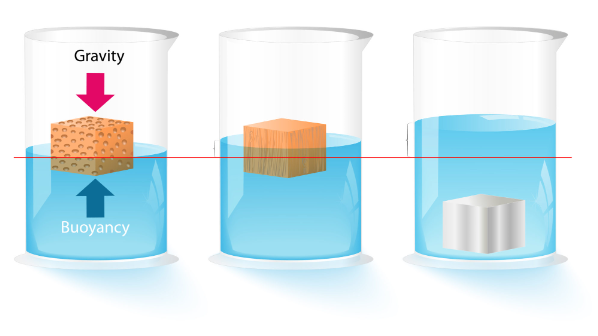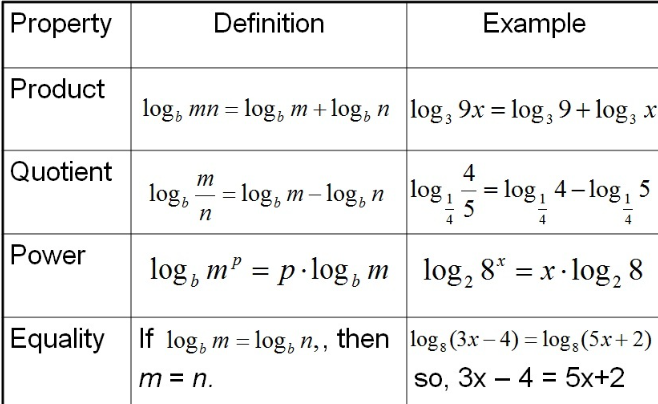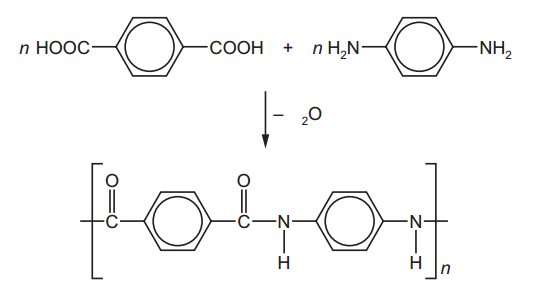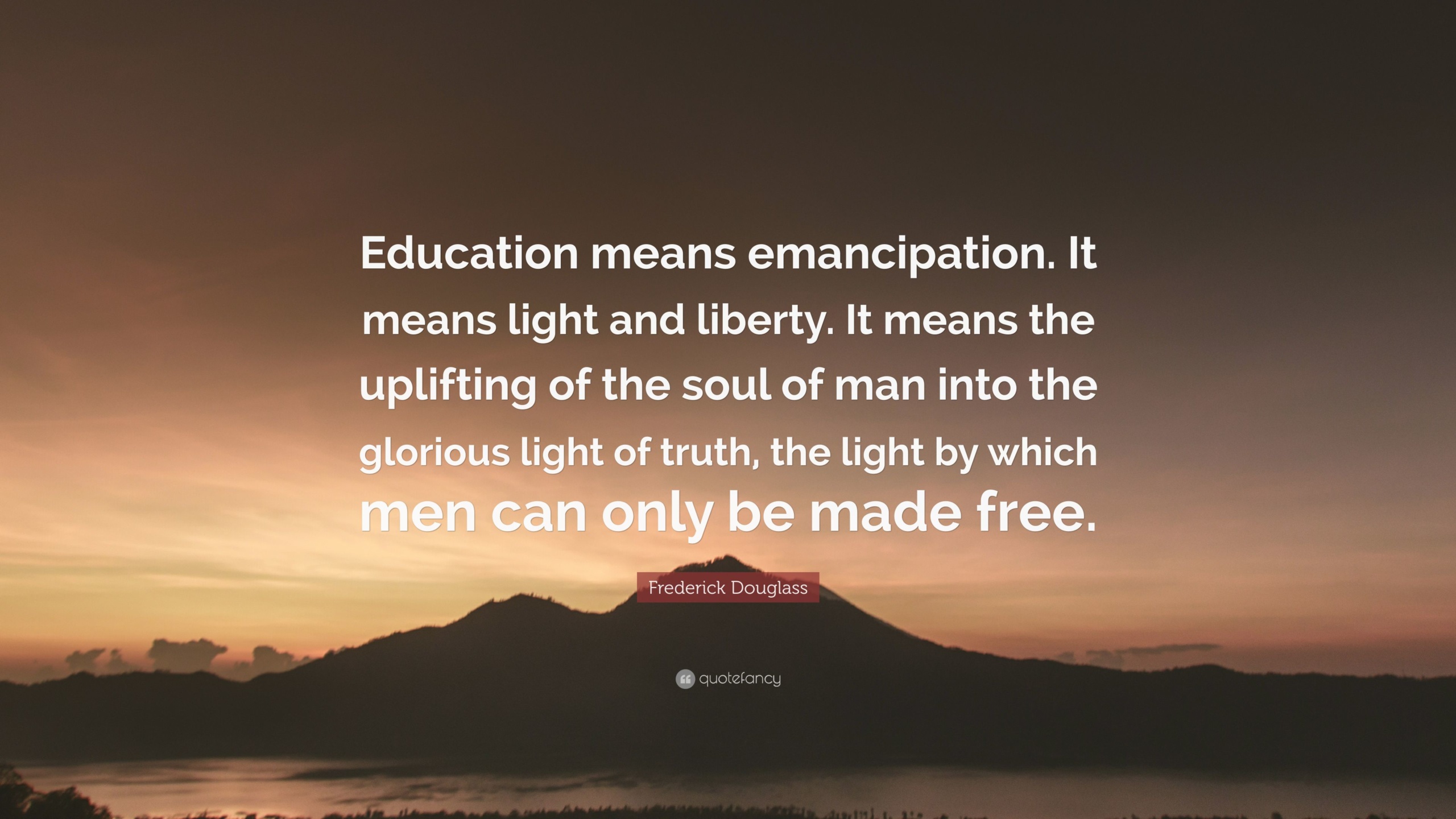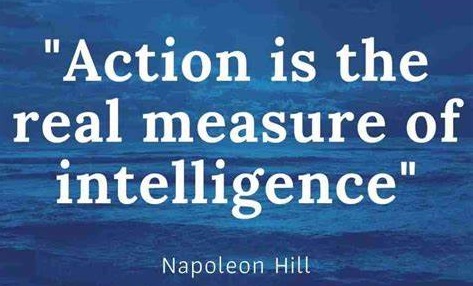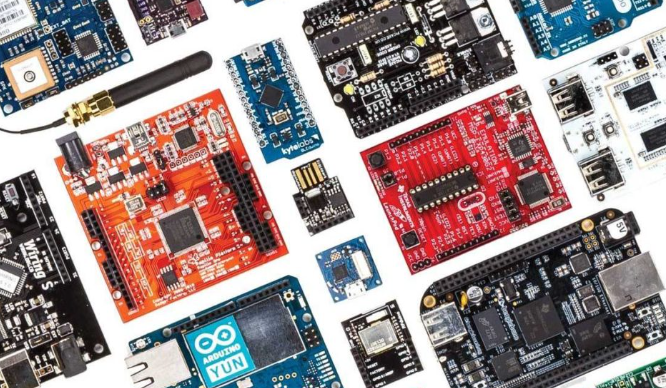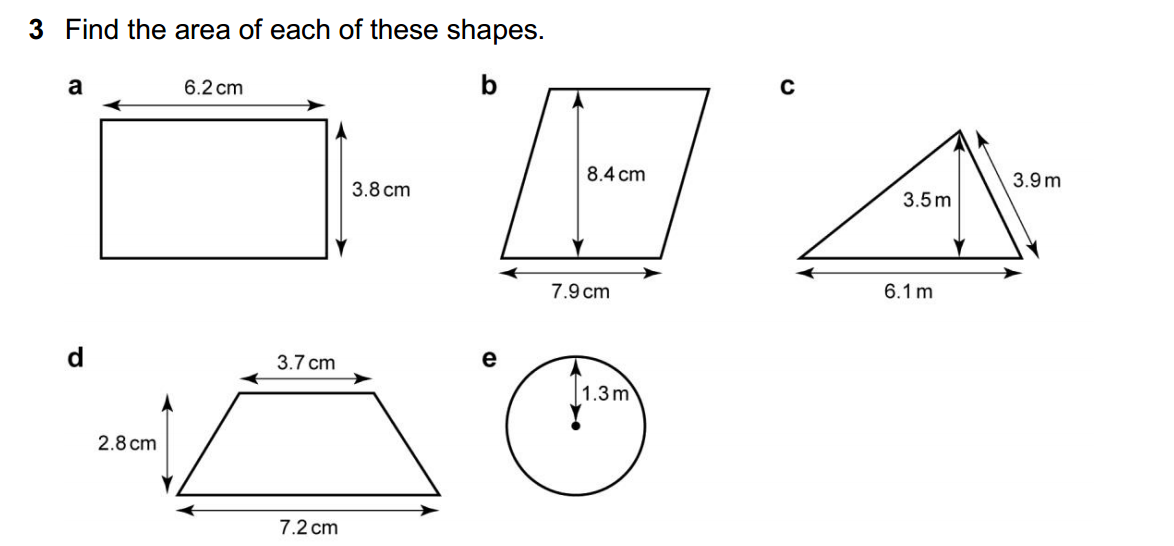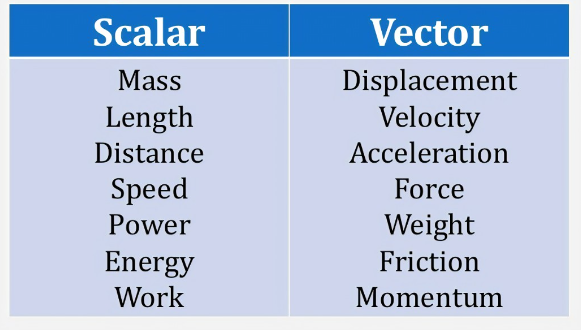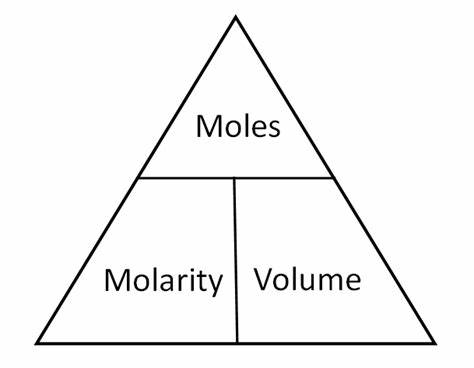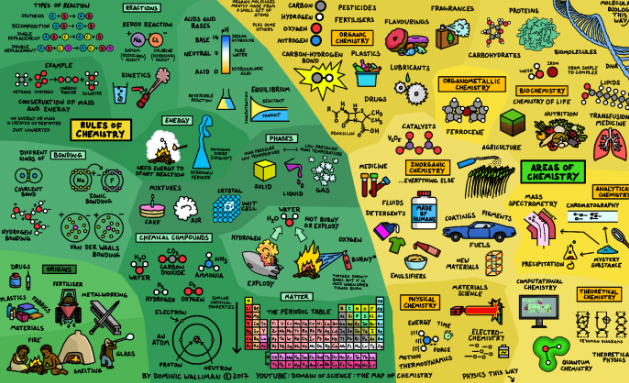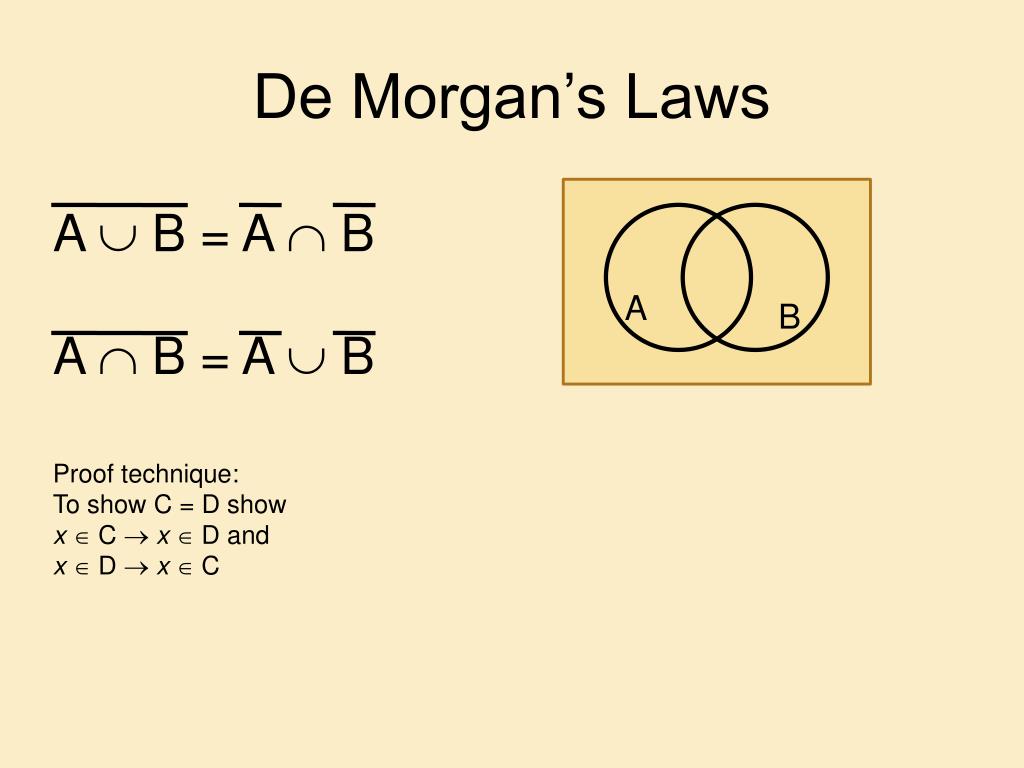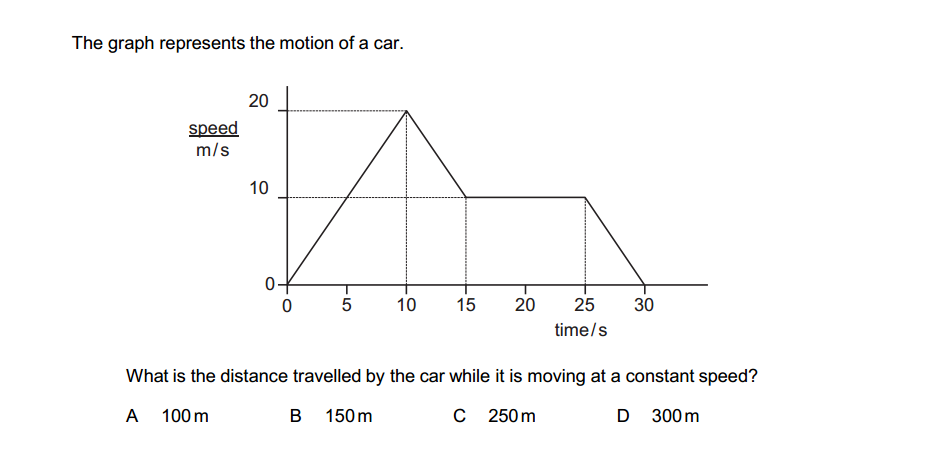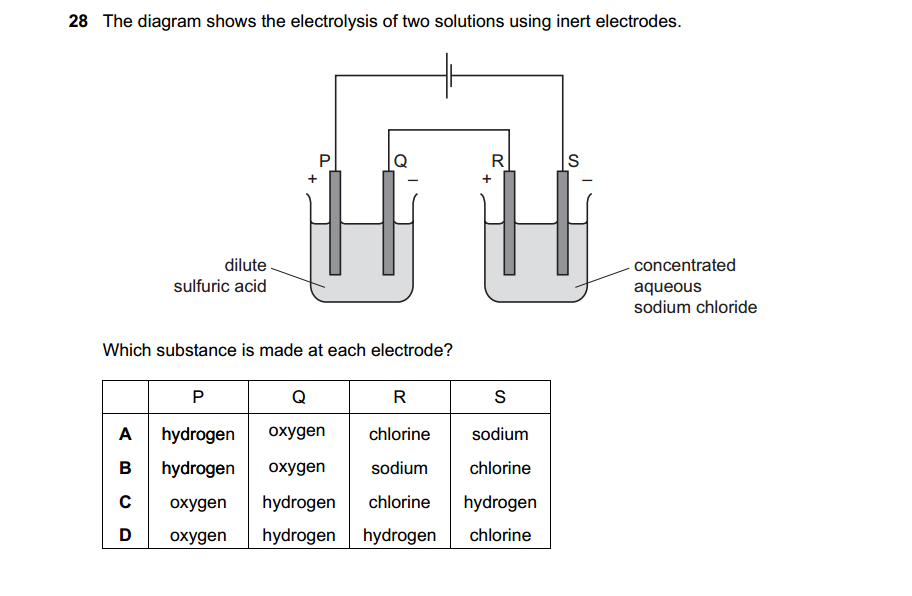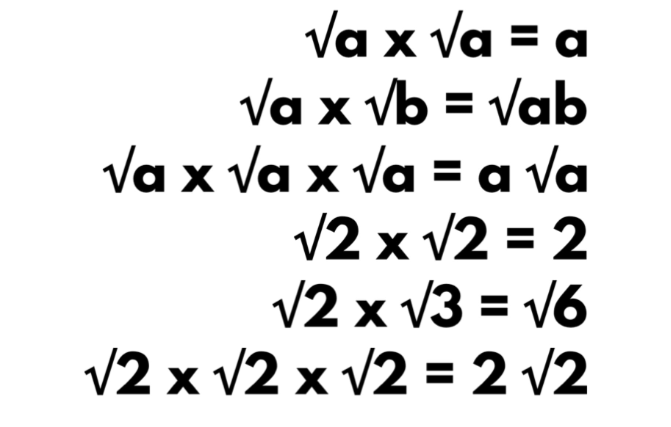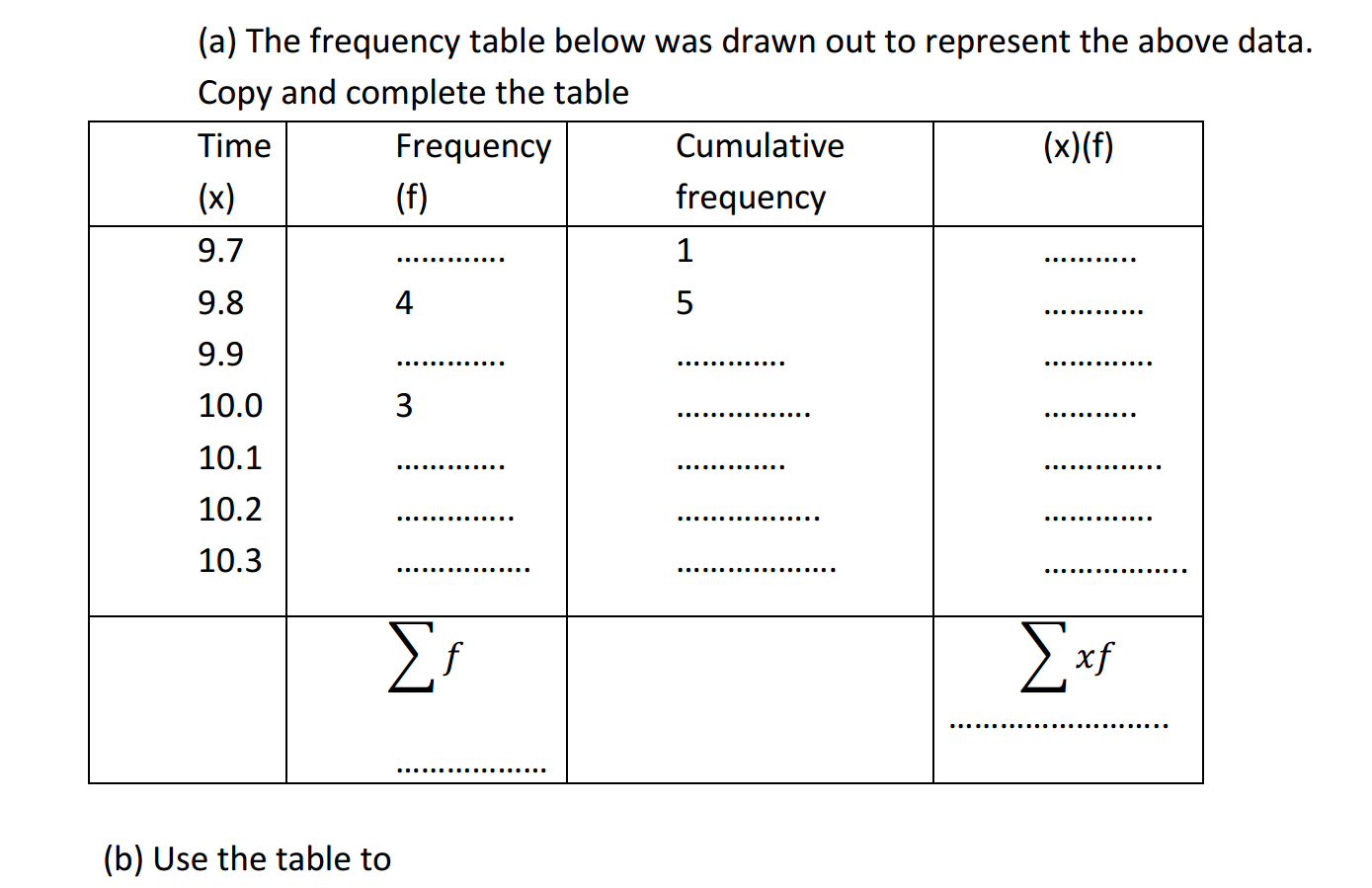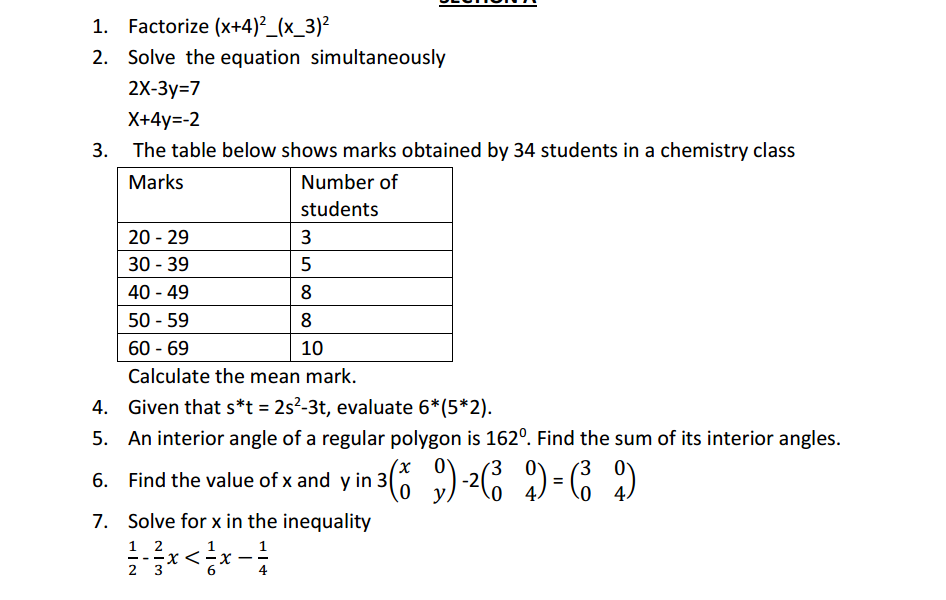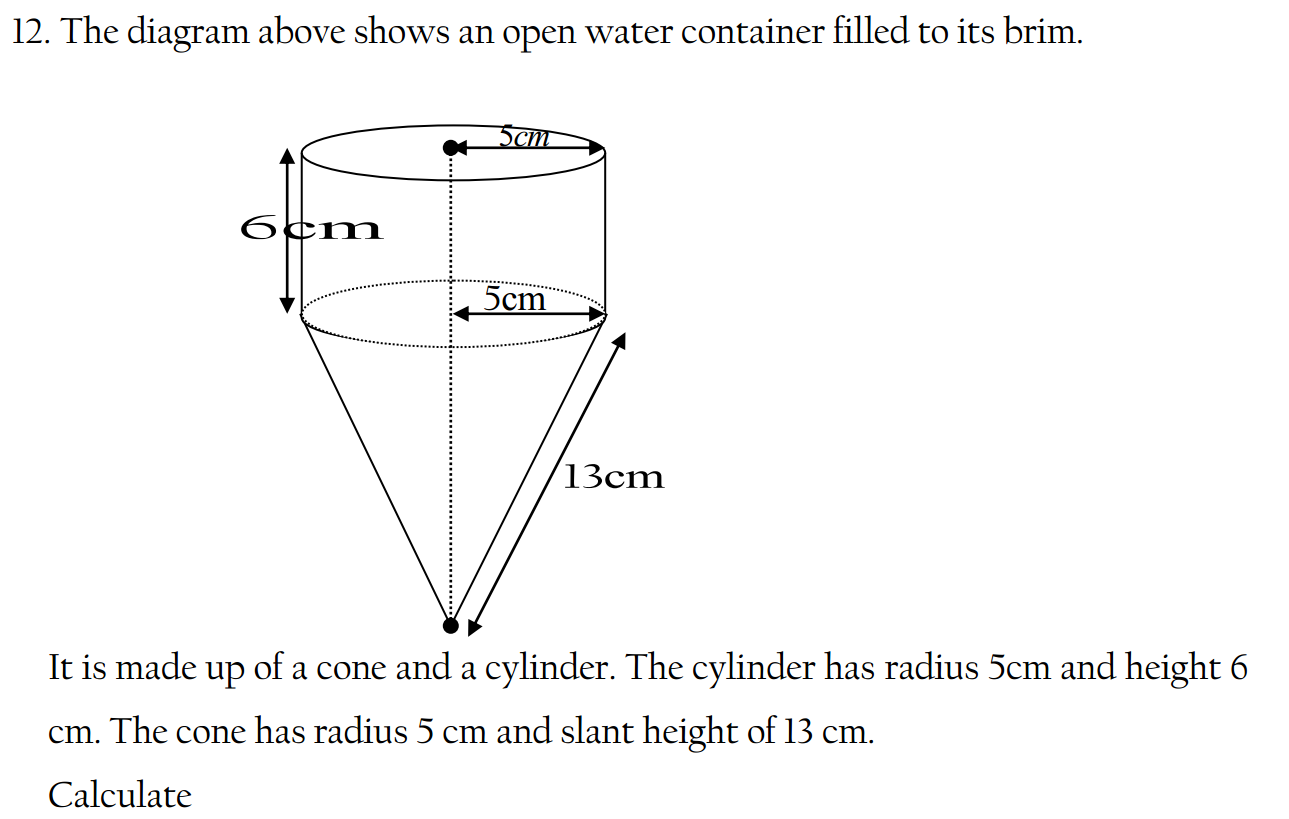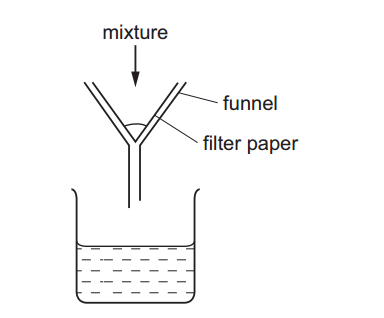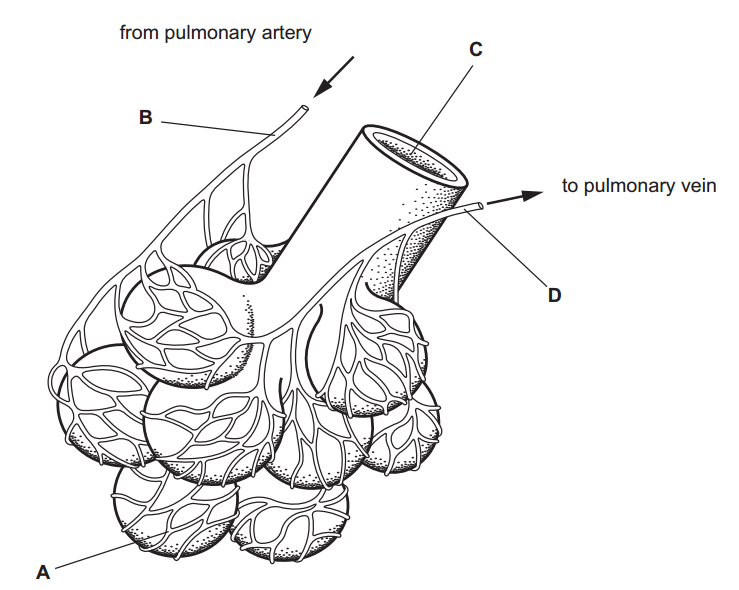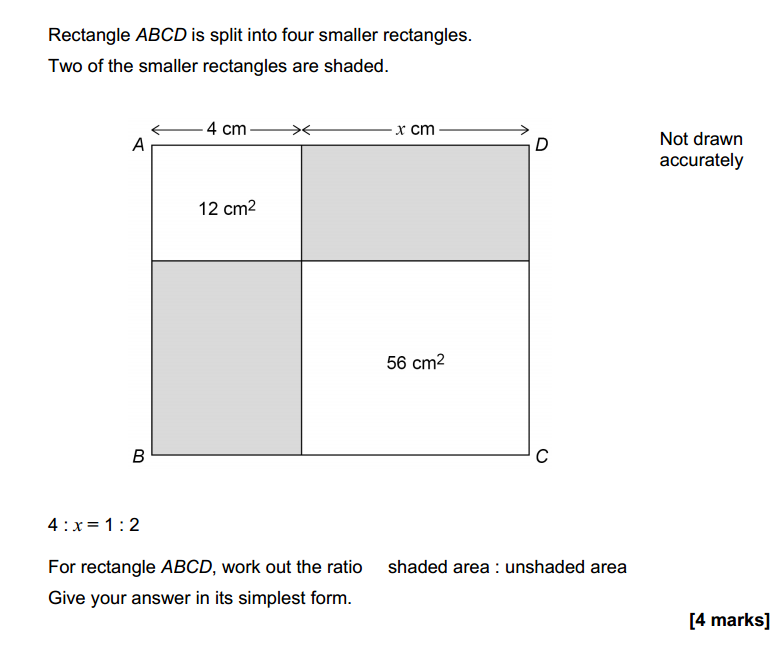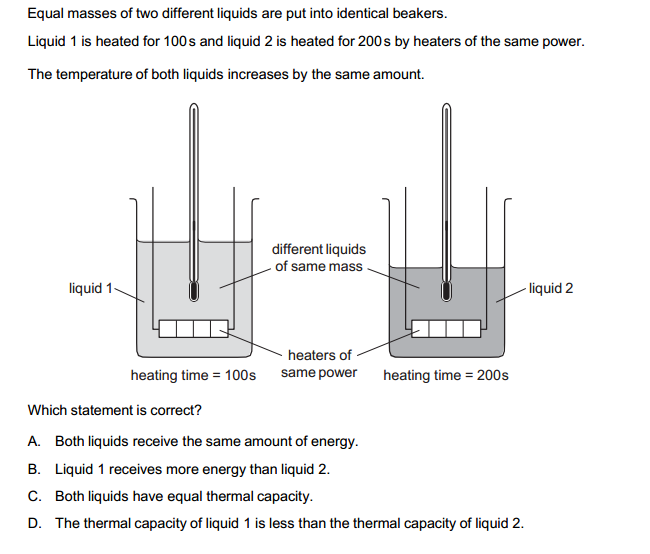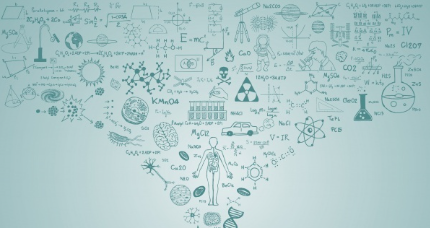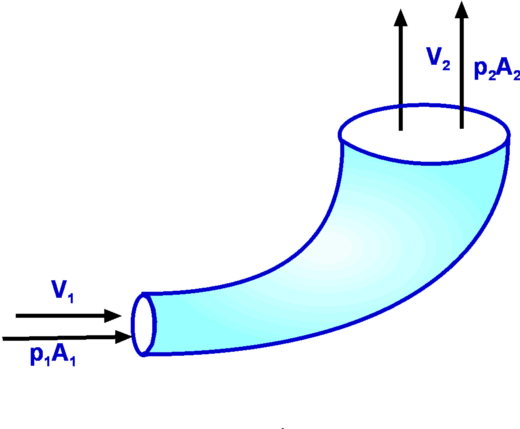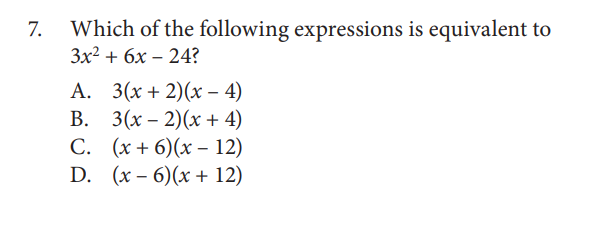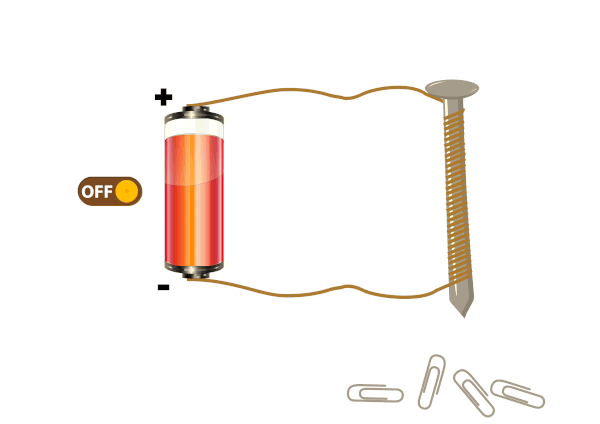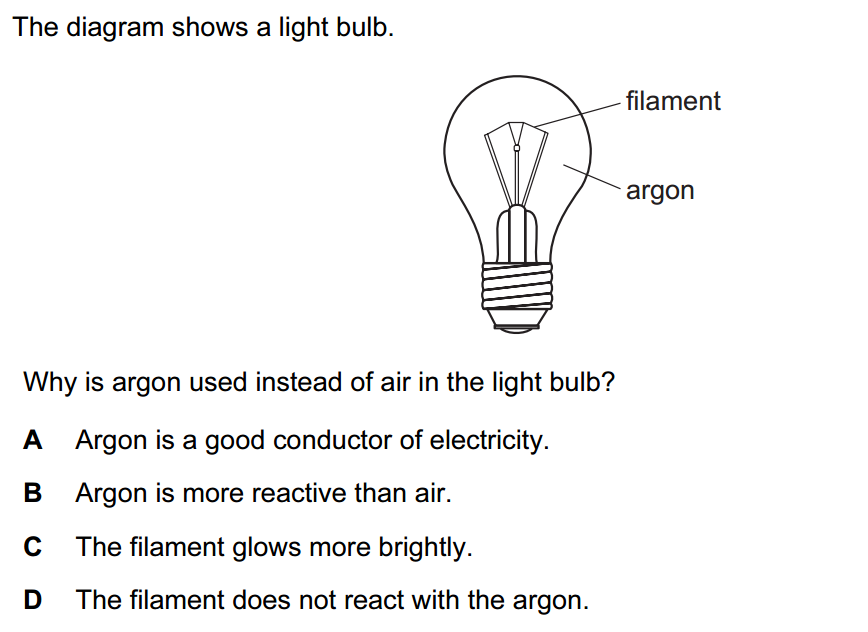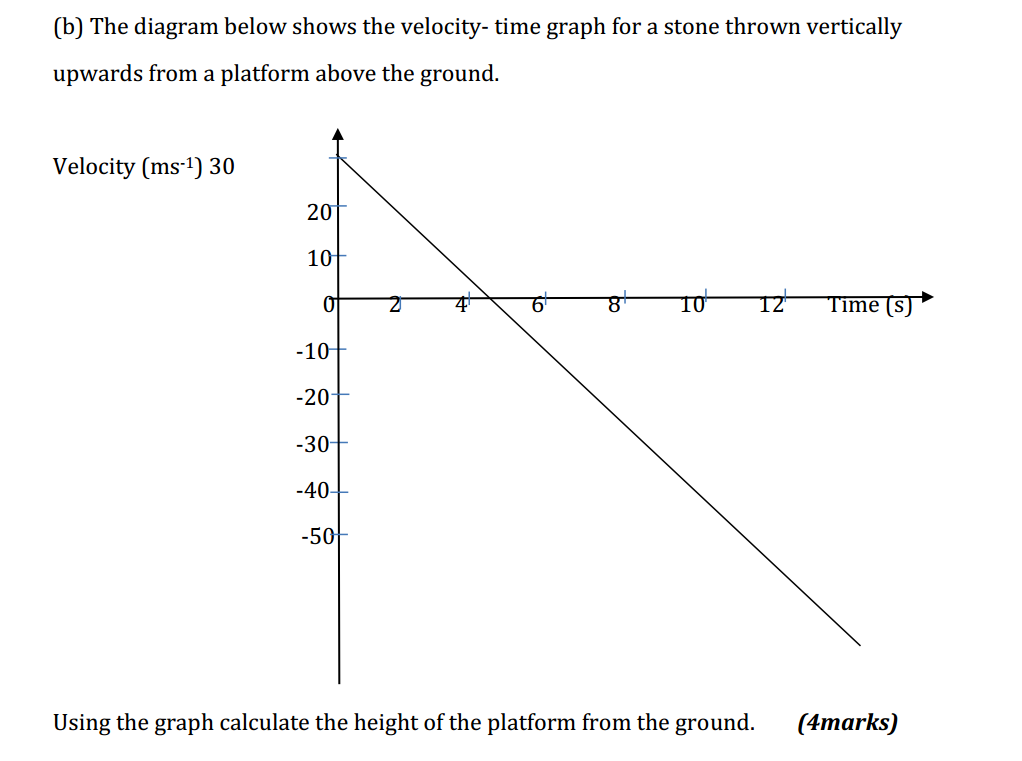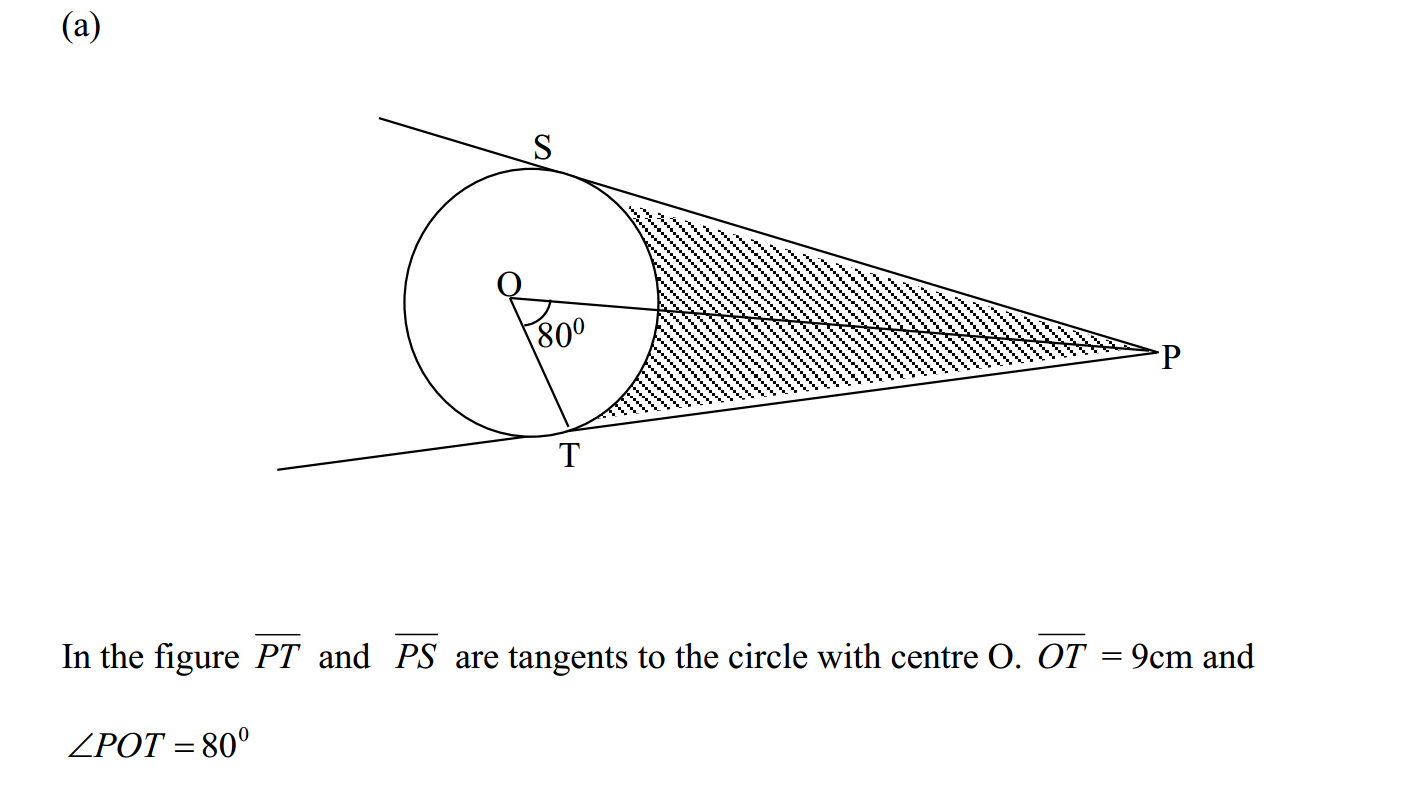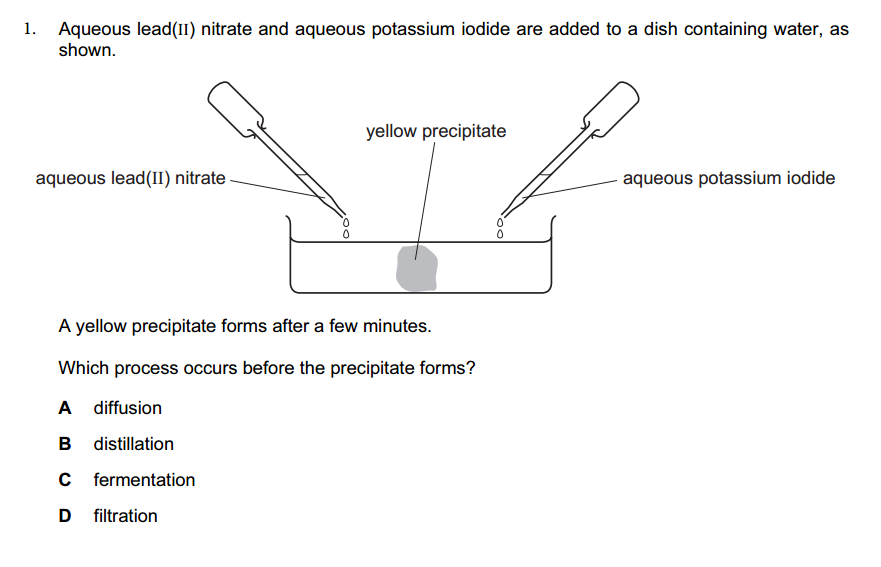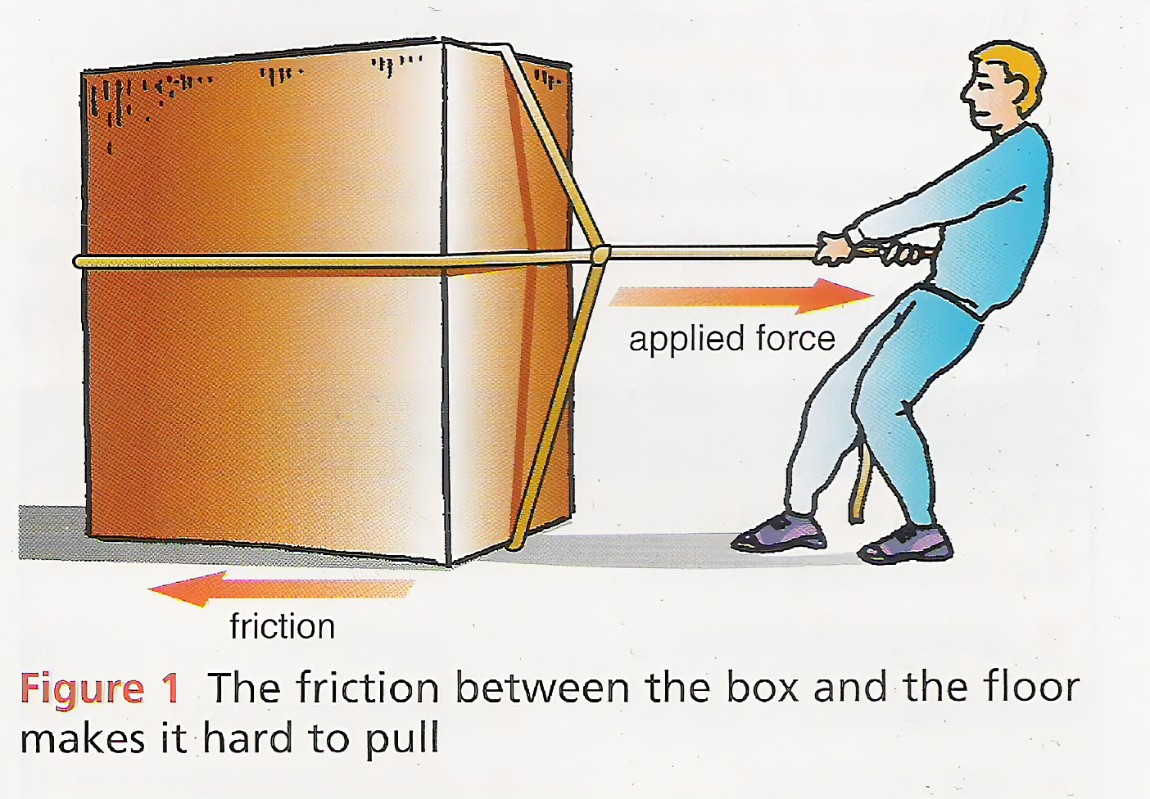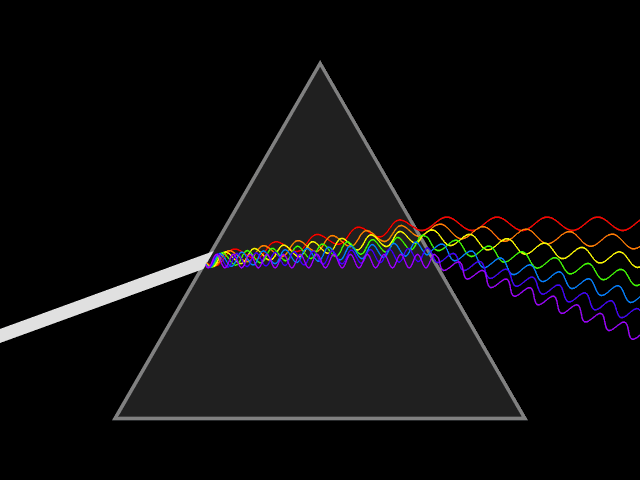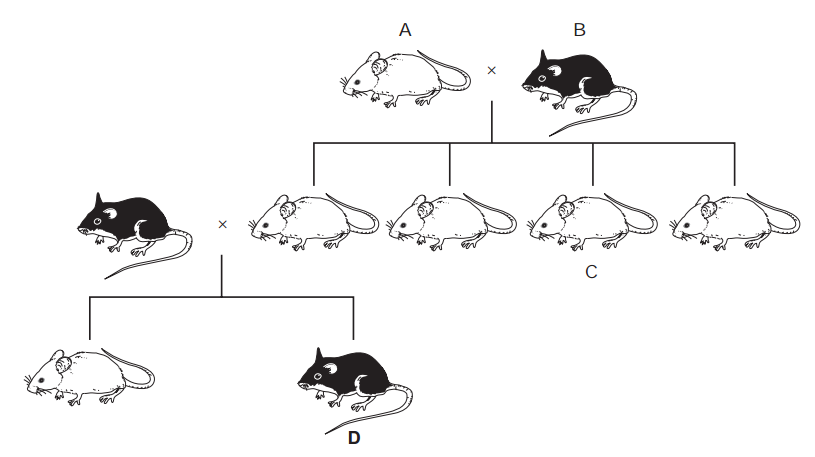Precision and Clarity: Using the correct word with the appropriate meaning enhances precision and clarity in communication. When you understand the context, you can select the right word to convey your message accurately, leaving no room for ambiguity or confusion.
Conveying the Intended Message: Choosing the correct word based on the context ensures that your message is conveyed accurately and effectively. It allows you to express your thoughts, ideas, and emotions with clarity, enabling the listener or reader to understand your intended message as intended.
Interpreting Others' Messages: Understanding the context of words used by others helps you interpret their messages accurately. By considering the context, you can grasp the intended meaning and respond appropriately, promoting effective communication and avoiding misunderstandings.
Professional and Academic Communication: In professional or academic settings, precise communication is essential. Misusing words with different meanings but the same pronunciation can create an unprofessional image or convey inaccurate information. Understanding the context allows you to use the appropriate word, demonstrating your proficiency and ensuring effective communication.
Cultural Nuances: Words with multiple meanings can have different connotations and cultural nuances. Understanding the context helps you navigate these nuances and use language appropriately, considering cultural sensitivities and avoiding unintended offense or misunderstanding.
Written Communication: When it comes to written communication, understanding the context becomes even more critical as there are no vocal cues or immediate feedback available. By comprehending the context, you can choose the correct word and structure your sentences in a way that accurately conveys your intended meaning.
In conclusion, understanding the context of words with the same pronunciation but different meanings is vital for effective communication. It helps prevent misunderstandings, promotes clarity and precision, and ensures that messages are accurately interpreted and conveyed. By paying attention to context, you can navigate language nuances, enhance communication skills, and foster better understanding between individuals.
- Bark (the sound a dog makes) / Bark (the outer covering of a tree)
- Bat (a flying mammal) / Bat (a piece of sports equipment)
- Bee (an insect) / Be (to exist or occur)
- Brake (a device to stop or slow down) / Break (to separate into pieces)
- Cell (a small unit or compartment) / Sell (to exchange for money)
- Dew (moisture that forms on surfaces) / Due (expected or owed)
- Eye (the organ of sight) / I (pronoun)
- Flower (a plant blossom) / Flour (a fine powder used in baking)
- Hair (strands that grow from the scalp) / Hare (a fast-running mammal)
- Hour (60 minutes) / Our (belonging to us)
- Knight (a medieval warrior) / Night (the time between sunset and sunrise)
- Mail (postal system) / Male (masculine gender)
- Meet (to come together) / Meat (animal flesh)
- Mind (intellect or consciousness) / Mine (belonging to me)
- Pair (two similar things) / Pear (a fruit)
- Right (correct or just) / Write (to put words on paper)
- Sail (to travel by boat using wind power) / Sale (exchange of goods for money)
- Sea (large body of saltwater) / See (to perceive with the eyes)
- Sole (the underside of a foot) / Soul (spirit or essence)
- Stair (a step in a staircase) / Stare (to look fixedly)
- Sun (the star at the center of the solar system) / Son (male child)
- Tail (the rear part of an animal) / Tale (a story)
- Threw (past tense of throw) / Through (in one side and out the other)
- To (expressing motion or direction) / Too (also or excessively)
- Wear (to have on one’s body) / Where (in or to what place)
- Bear (a large mammal) / Bare (uncovered or naked)
- Board (a flat piece of wood) / Bored (uninterested)
- Capital (a city that serves as the seat of government) / Capitol (a building where a legislative body meets)
- Close (to shut) / Clothes (garments)
- Desert (a dry, barren land) / Dessert (a sweet treat)
- Fair (just or unbiased) / Fare (the cost of transportation)
- Flower (a plant blossom) / Flour (a fine powder used in baking)
- Heel (the back part of the foot) / Heal (to become healthy or whole)
- Know (to have knowledge or awareness) / No (negation or denial)
- Made (past tense of make) / Maid (a female domestic worker)
- Meat (animal flesh) / Meet (to come together)
- Pause (a temporary stop) / Paws (the feet of an animal)
- Peal (a loud ringing sound) / Peel (to remove the outer layer)
- Plane (a flat surface) / Plain (simple or unadorned)
- Principal (a person in a leading position) / Principle (a fundamental truth or law)
- Road (a route for vehicles) / Rode (past tense of ride)
- Rose (a flower) / Rows (lines or sequences)
- Sea (large body of saltwater) / See (to perceive with the eyes)
- Sell (to exchange for money) / Cell (a small unit or compartment)
- Soar (to fly high in the air) / Sore (painful or tender)
- Son (male child) / Sun (the star at the center of the solar system)
- Tail (the rear part of an animal) / Tale (a story)
- There (in that place) / Their (belonging to them)
- Threw (past tense of throw) / Through (in one side and out the other)
- To (expressing motion or direction) / Too (also or excessively)
- Waste (to use carelessly) / Waist (the part of the body between the ribs and hips)
- Weather (the state of the atmosphere) / Whether (expressing a choice between alternatives)
- Which (asking for a choice) / Witch (a sorceress or magical being)
- Whole (complete or entire) / Hole (an opening or hollow space)
- You (second-person pronoun) / Ewe (a female sheep)
- Plane (a flat surface) / Plain (simple or unadorned)
- Principal (a person in a leading position) / Principle (a fundamental truth or law)
- Road (a route for vehicles) / Rode (past tense of ride)
- Waste (to use carelessly) / Waist (the part of the body between the ribs and hips)
- Whether (expressing a choice between alternatives) / Weather (the state of the atmosphere)
These words may sound the same when spoken, but they have different meanings, spellings, and usage. It’s important to understand their context to interpret them correctly in communication.
Share love with others on
Like this:
Like Loading...
Related



